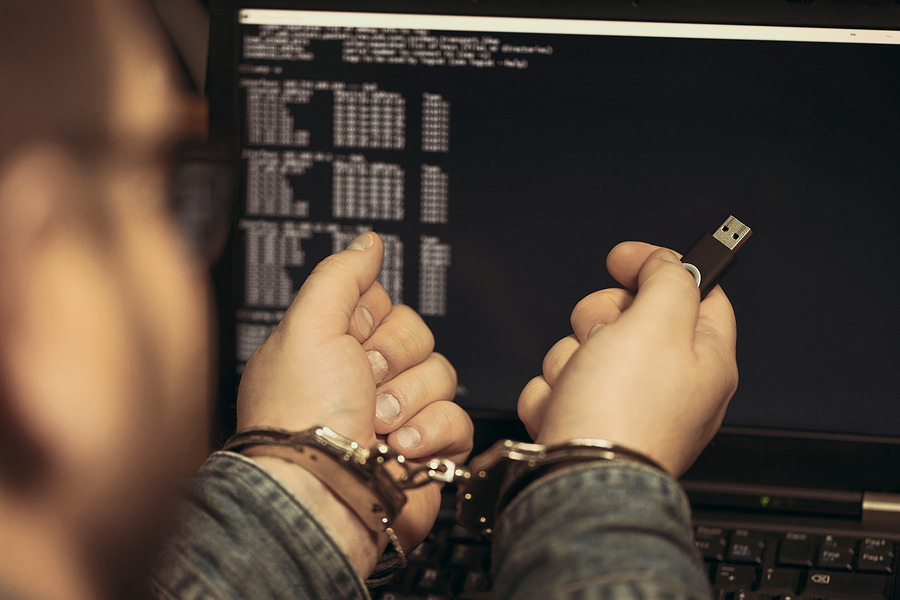
What is Cyberbullying in Frisco?
Cyberbullying refers to individuals, primarily children, using the internet or any electronic device to bully, threaten, harass, or otherwise intimidate another person. It is basically the online version of bullying. The Texas School Safety Center Bullying Checklist is a helpful tool for determining whether behavior qualifies as cyberbullying in Frisco, Texas. Common examples of cyberbullying include:
- Taking and sending embarrassing videos or photos without permission,
- Creating a fake profile and pretending to be another student, and
- Spreading rumors on social networking sites.
What are the Texas Laws on Cyberbullying?
In 2011, the Texas Education Code first including cyberbullying but did not go as far as to make it a criminal act. However, in 2017, David’s Law went into effect and implemented criminal penalties for acts of cyberbullying. The law was named in honor of David Molak, a Texas high schooler who committed suicide after enduring extreme cyberbullying. Not only did David’s Law, make cyberbullying criminal, it also gave schools the ability to address cyberbullying that occurred off school property if it interfered with a student’s educational opportunities or substantially disrupted the orderly operation of a classroom, school, or school-sponsored or school-related activity.
In addition to cyberbullying specific charges, you could face other criminal charges under appropriate circumstances. These could include:
- Under Texas Penal Code Section 42.07, an individual can be charged with harassment when he or she intentionally communicates an obscene proposal, threatens, conveys a false report, or makes a call or sends a message designed to harass, annoy, alarm, embarrass, or torment.
- Online Impersonation. Under Texas Penal Code Section 33.07, an individual commits the crime of online impersonation by acting with the intent to harm, defraud, or intimidate, and creating a page on a website or sending messages in the guise of someone else’s permission.
What are the Penalties for Cyberbullying in Frisco?
Cyberbullying can result in severe school-related and criminal penalties. The crime is taken very seriously because it can cause severe emotional distress to its victims and even lead to suicide.
- Depending on the school’s policies, the child may be suspended or expelled from school. There could be additional administrative punishments, such as banning the child from participating in certain school-related activities.
- Criminal charges include imprisonment or fines. Cyberbullying is a Class B misdemeanor punishable by up to 180 days in jail and a maximum fine of $2,000. It is bumped up to a Class A misdemeanor if the defendant has a previous conviction for cyberbullying or if the victim was under 18 years old and the defendant targeted the victim with the intent to make the victim commit suicide or hurt themselves. A Class A misdemeanor is punishable by up to a year in jail and a maximum fine of $4,000.
What is Cyberstalking in Frisco?
Cyberstalking is when an individual uses electronic means to harass or stalk an individual. Whereas cyberbullying generally applies to minors, cyberstalking pertains to adults. Common examples of cyberstalking include:
- Posting false or damaging information online about a person;
- Emailing or texting unwanted sexual content, pictures, or video; and
- Using social media to harass, alarm, embarrass, or torment another.
What are the Penalties for Cyberstalking in Frisco?
The Electronic Communications Act passed in 2001 made cyberstalking a crime. Depending on the specific circumstances, the penalty can range from a class B misdemeanor to a third-degree felony and result in fines and imprisonment. Cyberstalking may be punishable as a felony if it includes threats of physical violence or harm. Inclusion on the sex offender registry may be an additional consequence.
Together with criminal penalties, a cyber stalking conviction may have other collateral consequences. It could negatively impact employment opportunities, your reputation in the community, and relationships with family and friends.
Defenses to Cyberbullying and Cyberstalking in Frisco
It is critical to reach out to an experienced criminal defense attorney if you have been accused of cyberbullying or cyberstalking. The defenses available will depend on the exact circumstances of the
- Freedom of speech– first amendment to the U.S. Constitution. Not all speech is protected under the first amendment. Fine line.
- Unreasonable perception. A reasonable person must also believe the action is threatening and harassing. Just because the victim perceived it as such is not enough.
- Mistaken Identity.
Speak to an Experienced Frisco Attorney
If you or someone you know is facing cyberbullying or cyberstalking charges, you should immediately reach out to a local Frisco criminal defense attorney. Philip D. Ray is an experienced criminal attorney and former prosecutor who will provide you with a skilled and aggressive defense. He has years of experience defending individuals against cyberbullying and cyberstalking charges in the Dallas-Fort Worth area. Call The Law Offices of Philip D. Ray today at (469) 588-6770 for a consultation.
